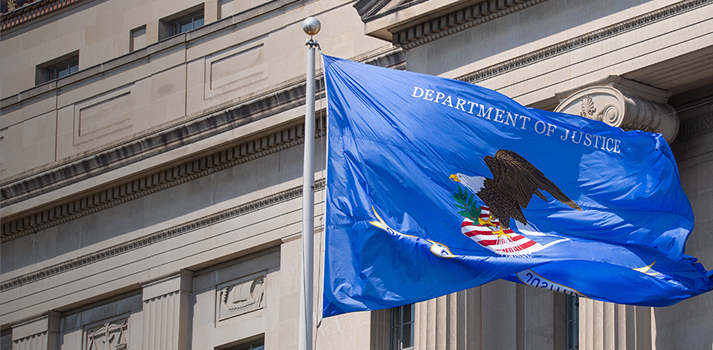Moody’s Investors Service has placed RCB Bank’s long-term ratings on review for downgrade, including its long-term deposit ratings, citing “higher credit risk associated with its Russian corporate exposures” on the backdrop of sanctions imposed on Moscow for invading Ukraine.
It has downgraded the Cyprus bank’s Baseline Credit Assessment (BCA) and Adjusted BCA to b3 from b2, the long-term Counterparty Risk (CR) Assessment to Ba3(cr) from Ba2(cr), and the long-term Counterparty Risk Ratings (CRR) to Ba3 from Ba2.
All of these ratings are on review for a possible downgrade.
The agency said that RCB’s B1 deposit ratings reflect the lower BCA of b3, which has been mitigated by a higher uplift from Moody’s advanced Loss Given Failure (LGF) due to the “the bank’s proactive steps to strengthen its loss absorption capacity, with the issuance of loss-absorbing debt to meet its Minimum Requirements for Eligible Loss Absorbing (MREL) debt, which has strengthened the protection afforded to depositors.”
Moody’s also acknowledged “the bank’s efforts to reduce its direct exposures to the Russian-government owned and recently sanctioned Bank VTB, PJSC (Bank VTB), which mitigates any potential direct reputational damage from sanctions.”
“Given the severing of joint business with Bank VTB, however, we expect lower profitability in the next 12-18 months, until the bank manages to cut costs and it delivers on its strategic expansion.
“RCB Bank’s 2020-23 strategy has been envisioning an expansion of its domestic Cypriot operations, loans and deposits.
“Although RCB Bank has been growing its domestic business, it still remains relatively small,” Moody’s said.
The agency added that the review for downgrade “will consider the extent to which RCB Bank’s asset quality will weaken beyond current expectations, given the uncertainty regarding the extent to which the weakened Russian operating environment will weaken RCB Bank’s corporate clients’ repayment capacity, and how this will in turn impact RCB Bank’s overall solvency profile.”
“The potential for increased scope and severity of coordinated sanctions by Western countries and the unpredictable retaliatory actions by authorities could also impact the ability of Russian affiliated corporates to execute cross-border transactions, even if their capacity to do so does not weaken.”
According to Moody’s, given the review for a downgrade on RCB ratings, “there is currently limited upside pressure on the ratings in the next 12-18 months.”
“The ratings may be downgraded if Moody’s suspects that there could be a more severe asset quality and profitability weakening, than currently anticipated, eroding the bank’s capital, or if Moody’s considers there to be an increased risk of any indirect reputational damage on its funding and liquidity profile.”
It argued any further ratcheting of sanctions imposed on Russia to include the exports of commodities or further disruptions to repayments, including the possibility of a further tightening of restrictions on foreign-currency transactions, could also lead to a downgrade of RCB.
RCB issued a statement acknowledging that “the rating was maintained as a reflection of the bank’s proactive steps and the fact that RCB already meets its 2025 MREL target, thus strengthening the protection afforded to depositors.
“At the same time and in view of the fact that RCB Bank has now cut ties with VTB, whose minority stake has been acquired by the remaining two Cypriot shareholders, Moody’s has placed its rating on review for downgrade until the bank delivers on its new business strategy for expansion under the new shareholding structure,” the statement added.










